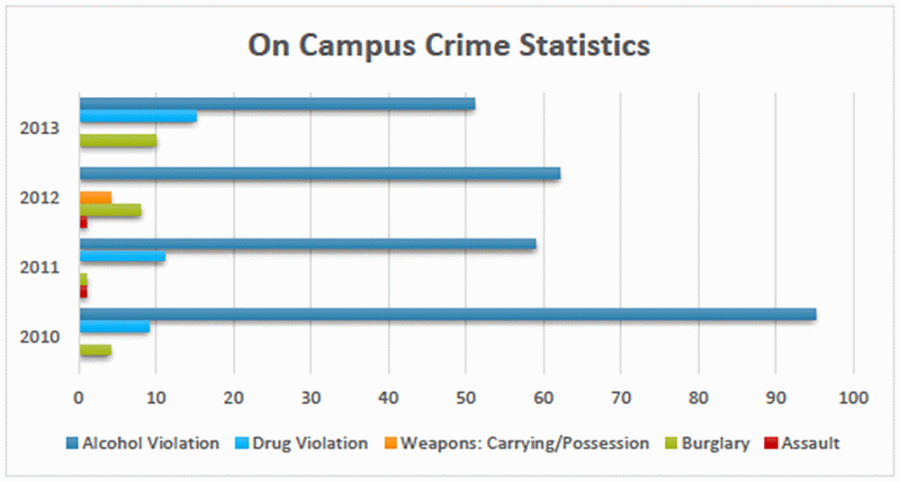WriterCard-reader system to be piloted in dorms this spring
Students may soon be able to enter their residence halls without regular keys
October 29, 2014
Remember those primitive pieces of metal that dangle from your lanyard? Keys? They’ve been replaced.
Say hello to Near Field Communication (NFC).
Campus Security hopes to pilot a card-reader system or some sort of NFC system this spring semester, which will help promote greater security in residence halls.
“Keeping up with the available technology is very important. Wayne State College wants to provide the safest environment we can for our campus community,” Campus Security Manager Jason Mrsny said. “A controlled access system is one technology we can take advantage of to do this.”
The NFC device would be installed at the entry doors to dorm buildings, and proximity cards would be issued to students or faculty who have the authorization to enter the building. Hold the proximity card (or possibly your smartphone) near the device and a short range radio frequency communicates with the reader, either unlocking the door if the card ID number has access or keeping the door locked to those without access.
“This technology allows you to carry secure identities on a smartphone or a card. Essentially you would use your cell phone or a prox card as a key,” Mrnsy said.
Campus Security hopes to have the NFC system installed for all of the residence halls in the future, but as for this spring it’s just a test run.
“We plan to test it out on just one of the dorm buildings first,” Mrsny said. “We’re not certain which one just yet.”
But will a NFC system keep students safer?
“Yes, but this also depends on the end user also,” Mrsny said. “A person can still lose a card, give out a password, prop a door or many other things. A person’s safety and security relies a lot on their actions.”
Recently, Campus Security has rekeyed the entire campus and is staffing residence hall front desks with student security officers three nights a week, in an effort to deter crime and vandalism.
NFC is another step in the direction of tighter security, as well as a technological convenience in the 21st century.
Another prominent element in student security is transparency with the campus community.
Campus Security distributes the Campus Security and Fire Safety Report annually, by October of each year.
The report contains campus crime statistics and information regarding fires for the past three years, as well as policy statements, security procedures and basic plans Campus Security has to improve safety on campus.
The only fire recorded in the report for the past three years happened in 2013 and was an unintentional electrical fire that occurred in Bowen Hall and caused $150 worth of property damage.
There was also one case of arson that occurred in 2012, which was not large enough to be reported, or considered an actual fire according to the federal definition.
A Wayne Police Officer assisted Campus Security last Wednesday night, Oct. 15, by issuing a citation to a student in Morey Hall for a drug violation.










